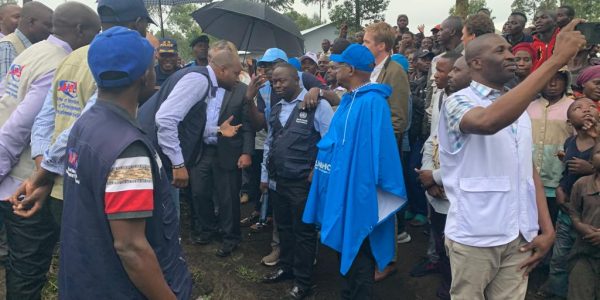My Prorities
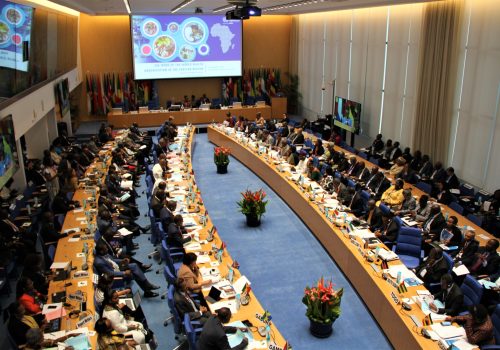
Priorities to accelerate the momentum – the “What”
“ To enable tangible and sustainable progress towards the Africa Health Strategy 2016–2030 and the SDGs, my primary focus will be on providing heightened support in five key areas, with gender equity and equality at their core”
Address the main drivers of the disease burden
The African Region has historically been disproportionately affected by infectious diseases and neglected tropical diseases. Over the past two decades, the Region has seen a surge in the burden of noncommunicable diseases (NCDs), injuries, and mental health disorders, due to the rising incidence of NCD risk factors. Despite the strides made, many countries in the Region have the highest maternal and child mortality rates in the world. In addition, increasing antimicrobial resistance and re-emerging infectious diseases have put the security and lives of people at risk.
Every year, these illnesses account for over 227 million years of health life lost and lead to an annual productivity loss of over US$ 800 billion. It is crucial to prioritize addressing the main drivers of the disease burden in order to safeguard the health and socioeconomic well-being of the people.
My priority will be to provide support towards building the capacities of national and local health systems to effectively deliver equitable access to integrated packages of proven cost-effective health interventions for all ages.
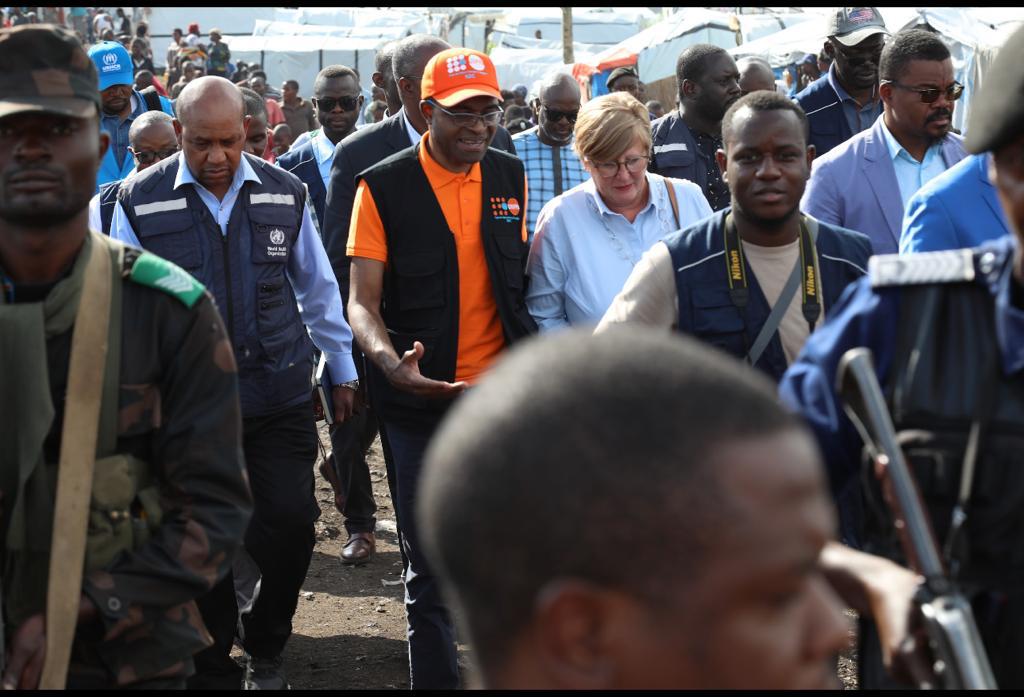
Improve the quality of life and promote healthier living
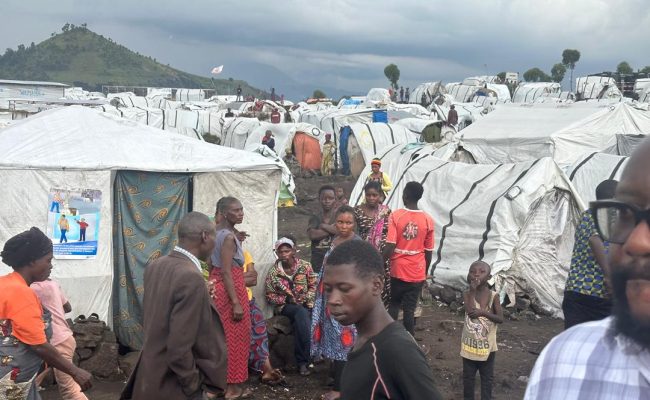
In the African Region, the high disease burden, coupled with frequent emergencies, and natural and human-made disasters, adds pressure to the fragile health systems. Additionally, almost all countries in the Region are vulnerable to the health consequences of climate change.
Four key risk behaviours for NCDs: tobacco and alcohol use; physical inactivity and unhealthy diets are on the rise among young Africans, further testing the already overstretched health systems.
Urgent action is needed to address the determinants of health so as to mitigate declines in productivity and increases in health care expenses, failing which the socioeconomic costs will be high.
My priority will be to equip political leaders, health professionals and providers with innovative solutions, information and the tools they need to advocate effectively for health across other government sectors.
Universal access to quality health services
Underpinning the Region’s capacity to cope with health emergencies, infectious diseases and chronic conditions is a resilient and sustainably financed health system, with the required infrastructure and qualified health workforce to deliver quality services. To achieve this, countries of the Region will have to undertake reforms in their health systems using a holistic approach based on primary health care, and applying innovative, gender-sensitive and equity-focused solutions.
In collaboration with the African Union and other partners, my priority will be to share evidence and best practices on effective context-specific health system reforms.
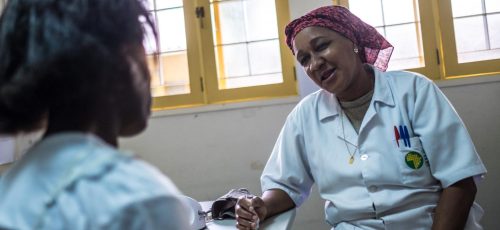
Safeguarding against threats
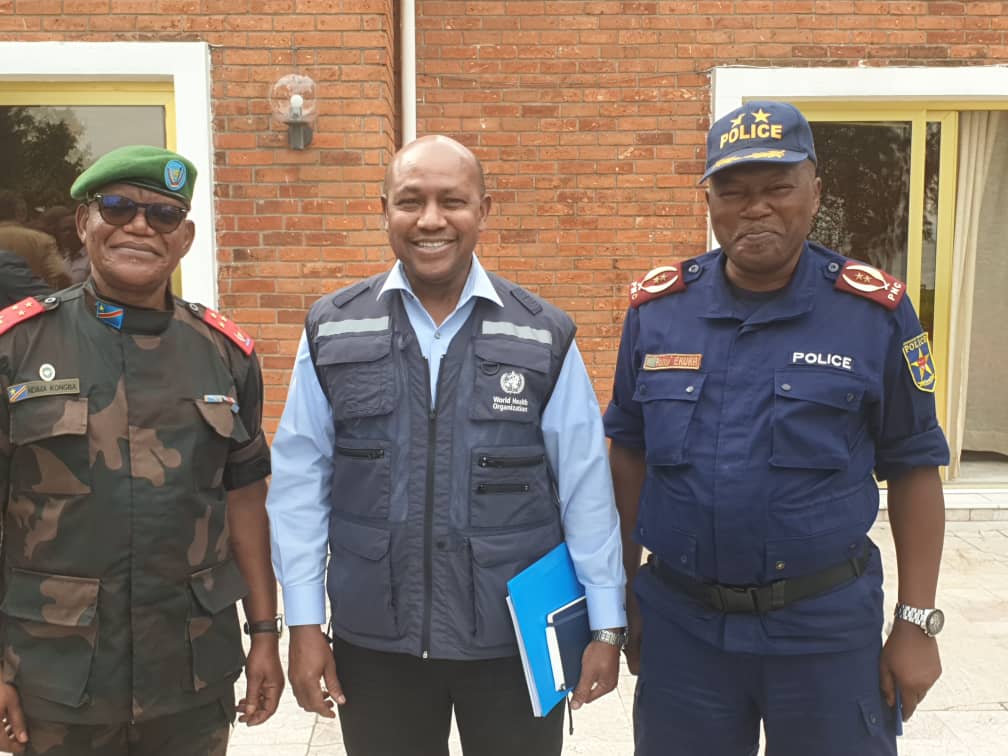
Each year, the African Region reports more than 100 acute public health events. While in many cases, such emergencies are preventable or controllable with proven public health interventions, without essential support, they will continue to cost lives, overwhelm health systems, and fuel socioeconomic disruption.
The COVID-19 pandemic has once again exposed the Region’s vulnerability in accessing health products. Most countries in the Region import 70–90% of the medicines consumed locally, and more than 98% of the vaccines administered. There are calls for self-reliance in the manufacturing of health products to address this critical gap and to be better prepared for future pandemics.
Governments should increase investments in health systems to meet the core functions of the International Health Regulations (IHR) for better preparedness and response in case of public health emergencies.
My top priority will be to work closely with the Africa Centres for Disease Control and Prevention (Africa CDC), AUDA-NEPAD, and other partners to prevent, detect and respond to the wide range of emergencies in the Region. This involves addressing immediate health needs, tackling underlying vulnerabilities, building system resilience and working towards self-reliance.
Foster partnerships for local solutions
Considering the scale, addressing the regional challenges will require strong collaboration across sectors and geographies. In this respect, international organizations, governments, academia, civil society, youth and the private sector will have a crucial role to play.
Promoting “African solutions to African problems” will require strong south-south cooperation to facilitate knowledge-sharing and foster effective collaboration among countries facing resource constraints and confronting health challenges. This effort must be supplemented and supported by local research initiatives to understand and design effective and culturally sensitive interventions.
My priority will be to work with the African Union and partners to coordinate regional initiatives, deepen collaboration and strengthen institutional capacities to generate evidence and cultivate homegrown solutions.
